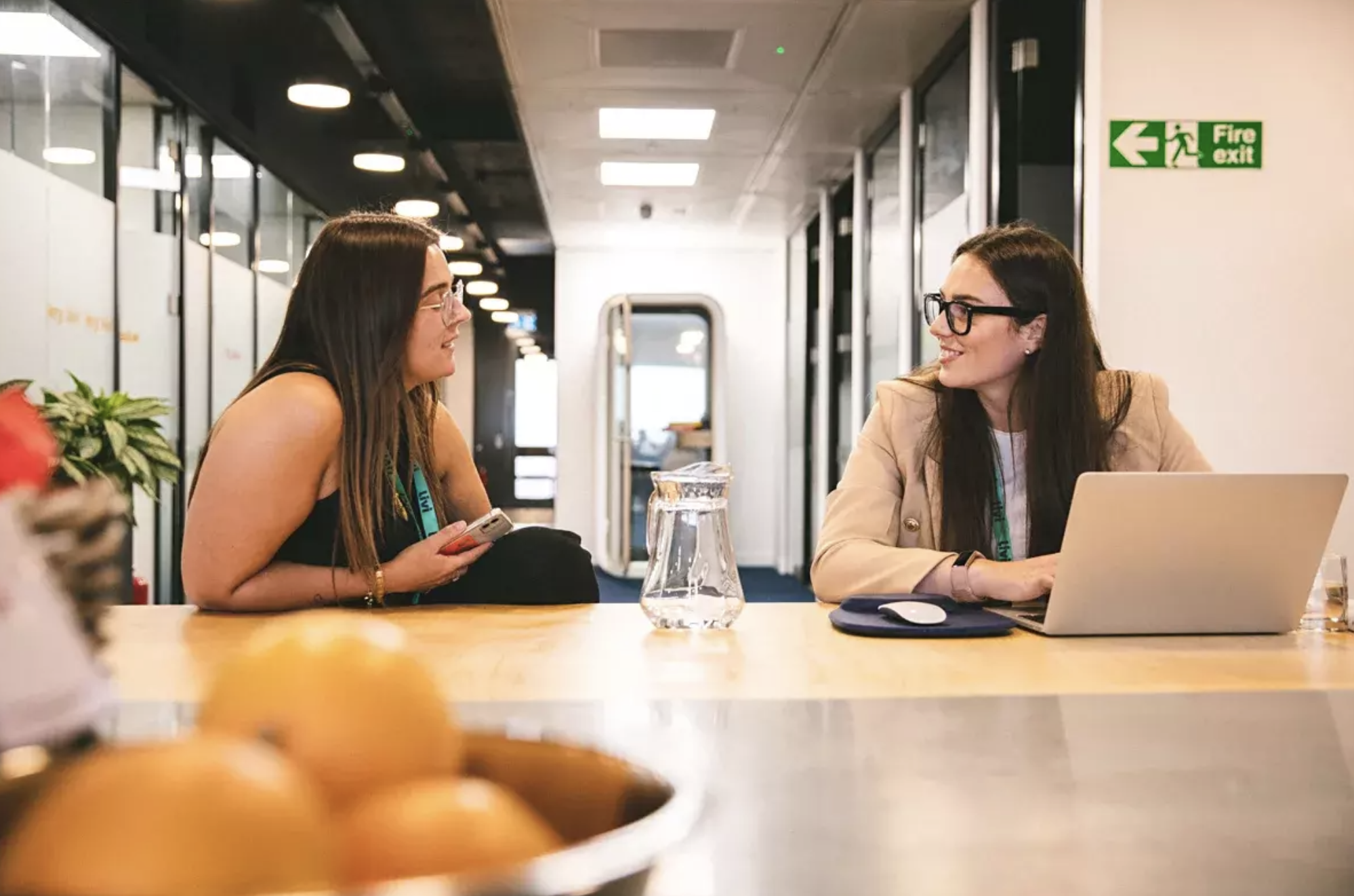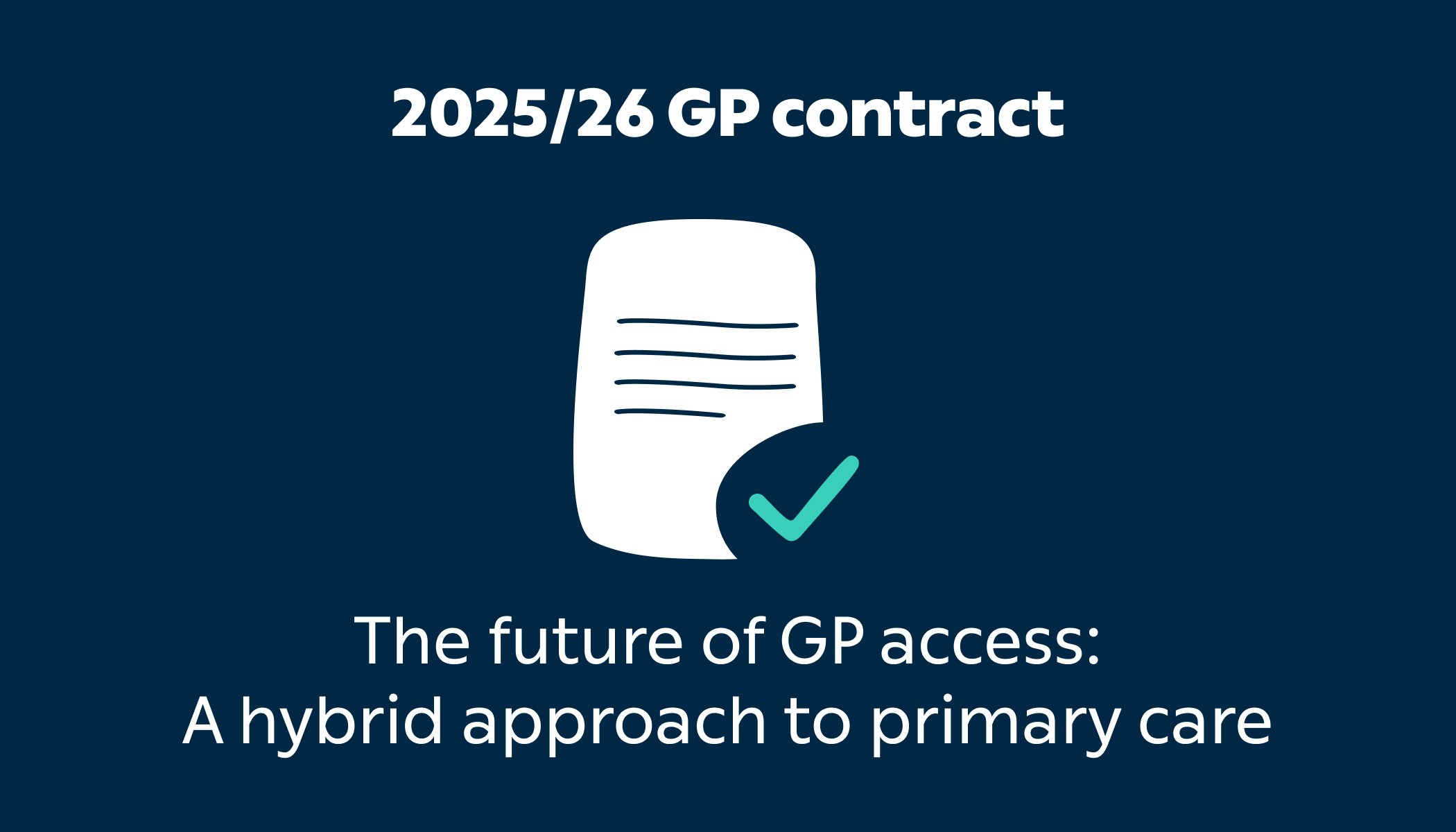As medical professionals, Livi GPs are well accustomed to dealing with private, and often sensitive situations during digital consultations. As we reflect on Domestic Violence Awareness Month in November and review our own approach to this important topic, we’re pleased to be formally rolling out the Signal for Help hand gesture initiative across our service.
It is an important time of the year for victims, as rates of domestic abuse increase around the seasonal period. According to the National Centre for Domestic Violence, one in five adults experience domestic abuse during their lifetime. This equates to one in four women, and one in 6-7 men. While a domestic abuse related call is made to the police every 30 seconds, it is estimated that less than a quarter (24 percent) of domestic abuse crime is reported to the police.
The UK domestic abuse hand signal, which is known as the ‘Signal for Help’, was originally developed by the Canadian Women’s Foundation in April 2020 as a discreet way for victims of domestic abuse to ask for help. It quickly gained recognition and spread across the globe, including in the UK.
The purpose of this hand signal is to provide a simple, silent way for someone experiencing domestic violence to communicate that they need help without leaving a digital trace or alerting the abuser. The signal involves holding one hand up with the palm facing outward, then tucking the thumb into the palm and folding the fingers down to trap the thumb.
The widespread adoption of this signal was accelerated by the pandemic lockdowns, as more people were confined to their homes with potentially abusive partners, and traditional avenues for seeking help became less accessible. Social media campaigns and various charities in the UK helped promote awareness of this signal, making it a recognisable tool for victims and bystanders alike.
Olly Jones, Head of Governance, at Livi said: “As the Livi service operates via video consultations, our GPs are well-placed to pick-up on non-verbal cues such as body language, which can be crucial for understanding the emotional state of patients and providing support. We believe that robust training and processes for GPs to recognise the signal is key to acting thoughtfully and in a way that prioritises the safety of everyone involved.”
Since its inception, the Signal for Help has been endorsed by various organisations such as Refuge, Women’s Aid, SafeLives, and National Domestic Abuse Helpline, as well as the police and local authorities. While domestic abuse is often perceived as an issue affecting women, there are several charities and organisations in the UK dedicated to supporting male victims of domestic abuse. For example, Mankind Initiative, Men’s Advice Line, Survivors UK, Galop, and Abused Men in Scotland (AMIS).
These organisations have raised awareness about the challenges victims face when trying to report abuse safely. Now, Livi is playing its part by formally training its GPs to recognise the Signal for Help hand gesture, and to respond appropriately - ensuring patient safety without escalating the situation or putting them at further risk.
If you are affected by any of the issues in this article, please contact one of the charities above. For further information about booking a Livi’s GP appointment, go to https://www.livi.co.uk/download/.


